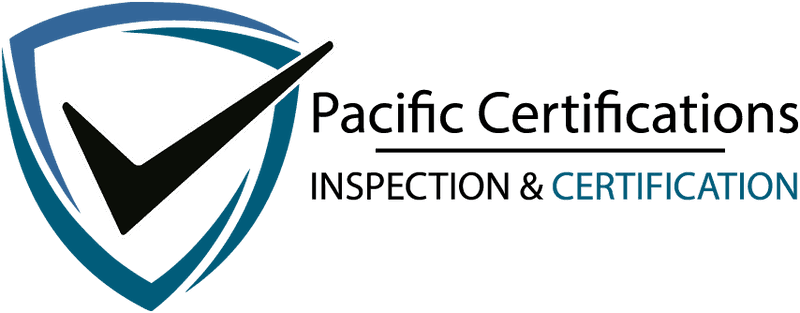ISO Certifications for Plastering and Ceiling Services, Requirements and Benefits
The construction industry is a critical part of the global economy, offering a plethora of services ranging from civil engineering to specialized tasks like plastering and ceiling services.
For companies involved in plastering and ceiling services, adhering to quality standards is not just a matter of compliance but a key differentiator that can significantly influence client trust and business growth. One effective way to demonstrate this commitment to quality is through ISO certifications.
These certifications provide an internationally recognized framework that ensures services meet high standards for quality, safety, and efficiency. In this blog, we will explore the types of ISO certifications that are most relevant for plastering and ceiling services companies, the requirements for obtaining these certifications, and the benefits they offer.
Applicable ISO Standards for Plastering and Ceiling Services Companies
ISO 9001: Quality Management System
The ISO 9001 standard is arguably the most well-known and widely implemented standard for Quality Management Systems (QMS). It provides guidelines for companies to ensure that their services meet client expectations and regulatory requirements. For a plastering and ceiling services company, implementing ISO 9001 can help streamline operational processes, improve customer satisfaction, and achieve continual improvement.
ISO 14001: Environmental Management System
Given the nature of construction work, environmental sustainability is often a critical concern. ISO 14001 certification enables companies to manage their environmental responsibilities in a systematic manner. This is particularly important for plastering and ceiling services companies that use materials and processes that could have environmental impacts.
ISO 45001: Occupational Health and Safety Management
Workplace safety is a significant concern in the construction sector, including for those in the plastering and ceiling services. ISO 45001 focuses on providing a framework for managing health and safety risks and improving worker safety.
Click here to find out more applicable standards
Requirements of ISO Certifications for Plastering and Ceiling Services
Initial Assessment
Before applying for any ISO certification, an organization typically undergoes an initial assessment to identify the gaps between its existing management systems and the ISO standards.
Documentation
Companies must document their processes and systems in compliance with the chosen ISO standard. This documentation often includes a Quality Manual, process maps, and records of internal audits, among others.
Implementation
Once the documentation is in place, the next step is to implement the documented processes. This involves training the staff, setting up procedures, and ensuring that the system is followed throughout the organization.
Internal Audits and Management Review
Before applying for an external audit, companies should conduct internal audits to ensure that the implemented systems are effective and compliant with ISO standards. After the internal audits, a management review is usually conducted to evaluate the readiness for external audits.
Certification Audit
The last step is the certification audit, which is conducted by an external, accredited body such as Pacific Certifications. The audit is usually carried out in two stages: Stage 1 is the preliminary audit to review the documentation, and Stage 2 is the certification audit where the effectiveness of the implemented system is evaluated.
Benefits of ISO Certifications for Plastering and Ceiling Services
Enhanced Reputation
ISO certification serves as a badge of quality and reliability, helping companies stand out in a competitive marketplace.
Regulatory Compliance
ISO standards often align with legal and regulatory requirements, making compliance simpler and more straightforward.
Improved Efficiency and Cost Savings
By streamlining operations and improving quality, companies can often reduce waste and operational costs.
Customer Satisfaction
A robust management system helps ensure quality and timely delivery of services, which in turn leads to higher customer satisfaction and loyalty.
Risk Management
ISO certifications like ISO 45001 help in identifying and mitigating risks, particularly those related to occupational health and safety.
Conclusion
ISO certifications offer a structured approach to manage various aspects of a business, from quality control to environmental sustainability and occupational safety.
For plastering and ceiling services companies, these certifications are not just a tool for compliance but a strategic asset that can significantly improve operational efficiency, customer satisfaction, and overall business success.
With the right guidance and support from accredited bodies like Pacific Certifications, obtaining an ISO certification can be a straightforward and rewarding process.
Pacific Certifications is accredited by ABIS, in case you need support with ISO certification for your business, please contact us at [email protected] or +91-8595603096.
Read More at: Blogs by Pacific Certifications

